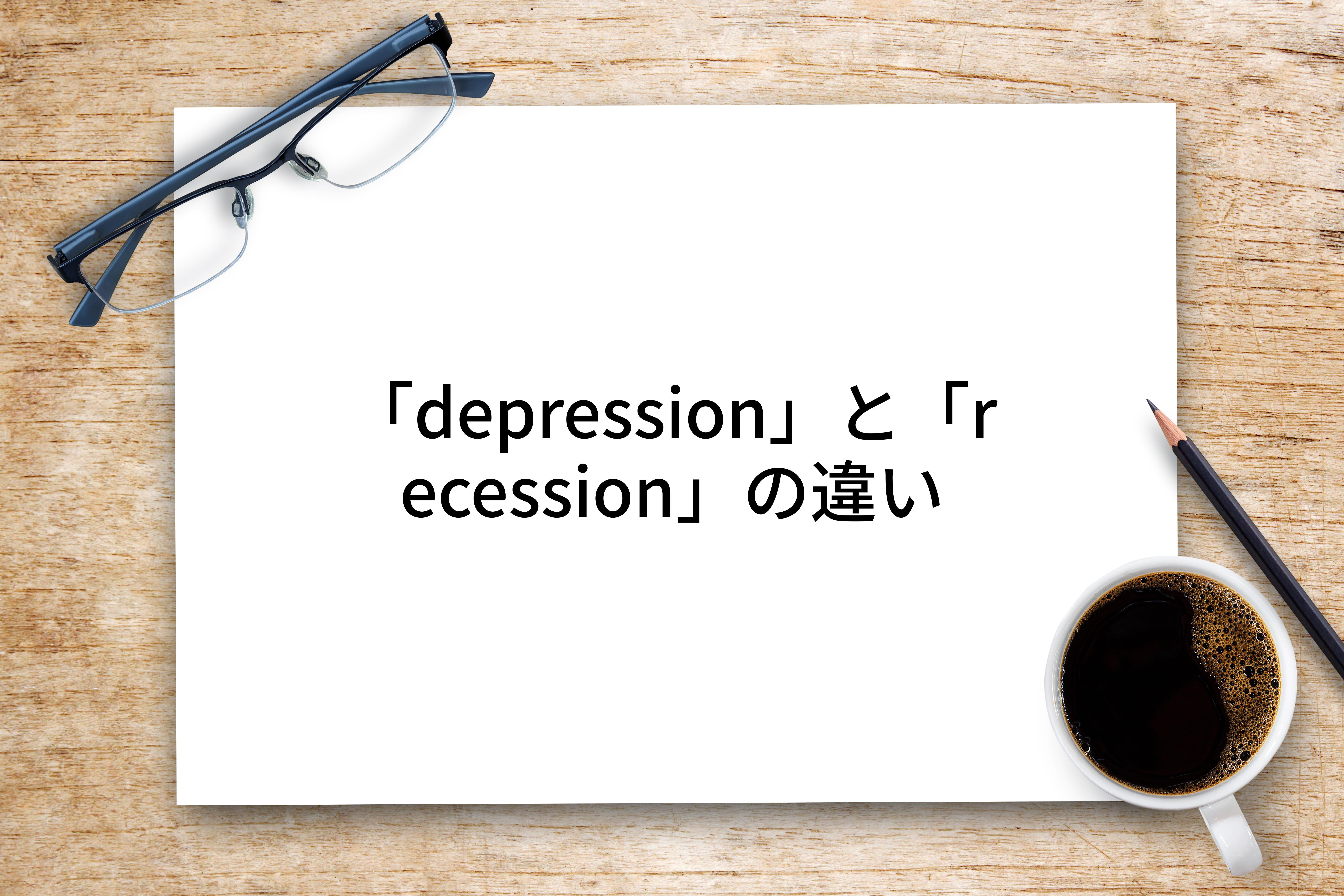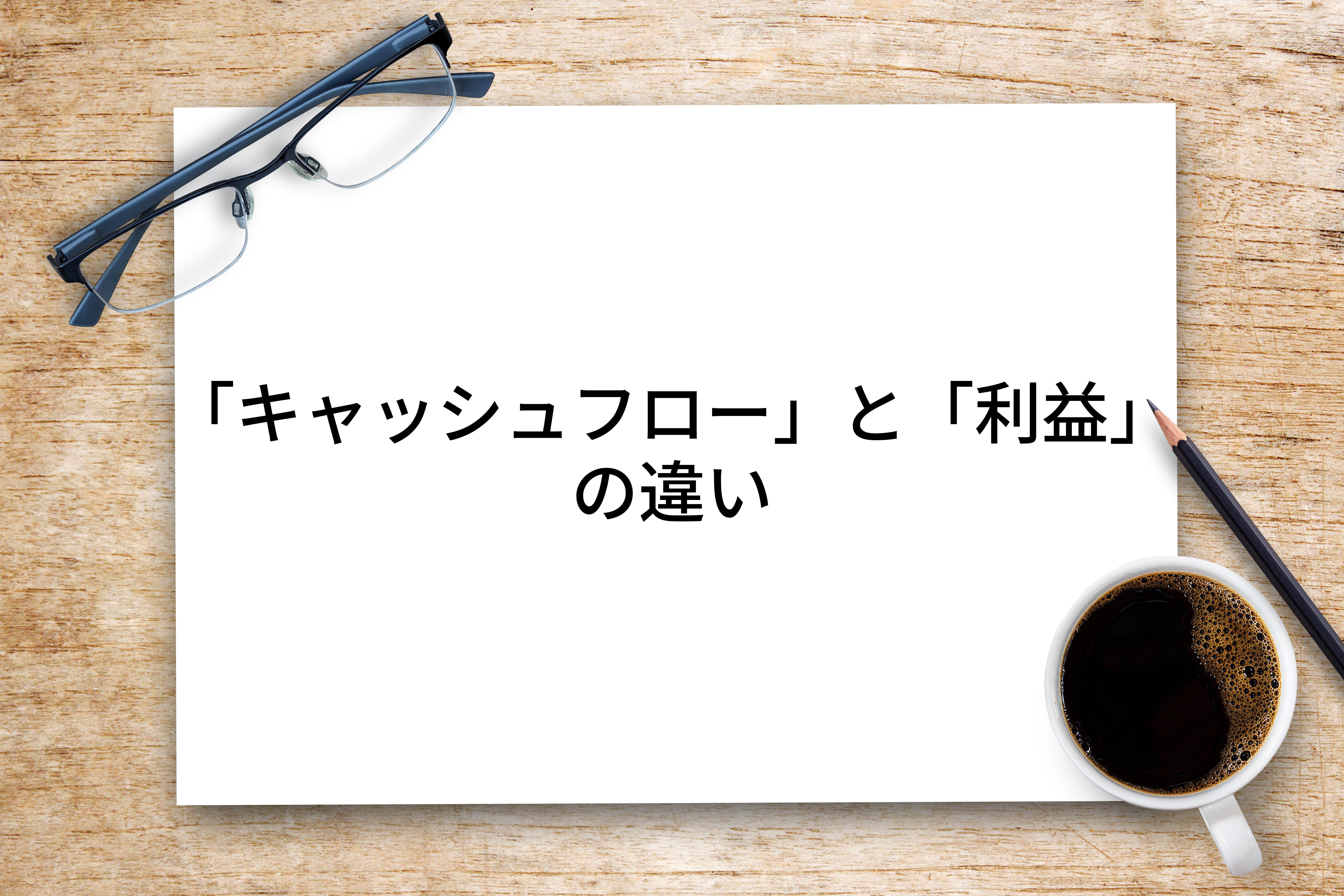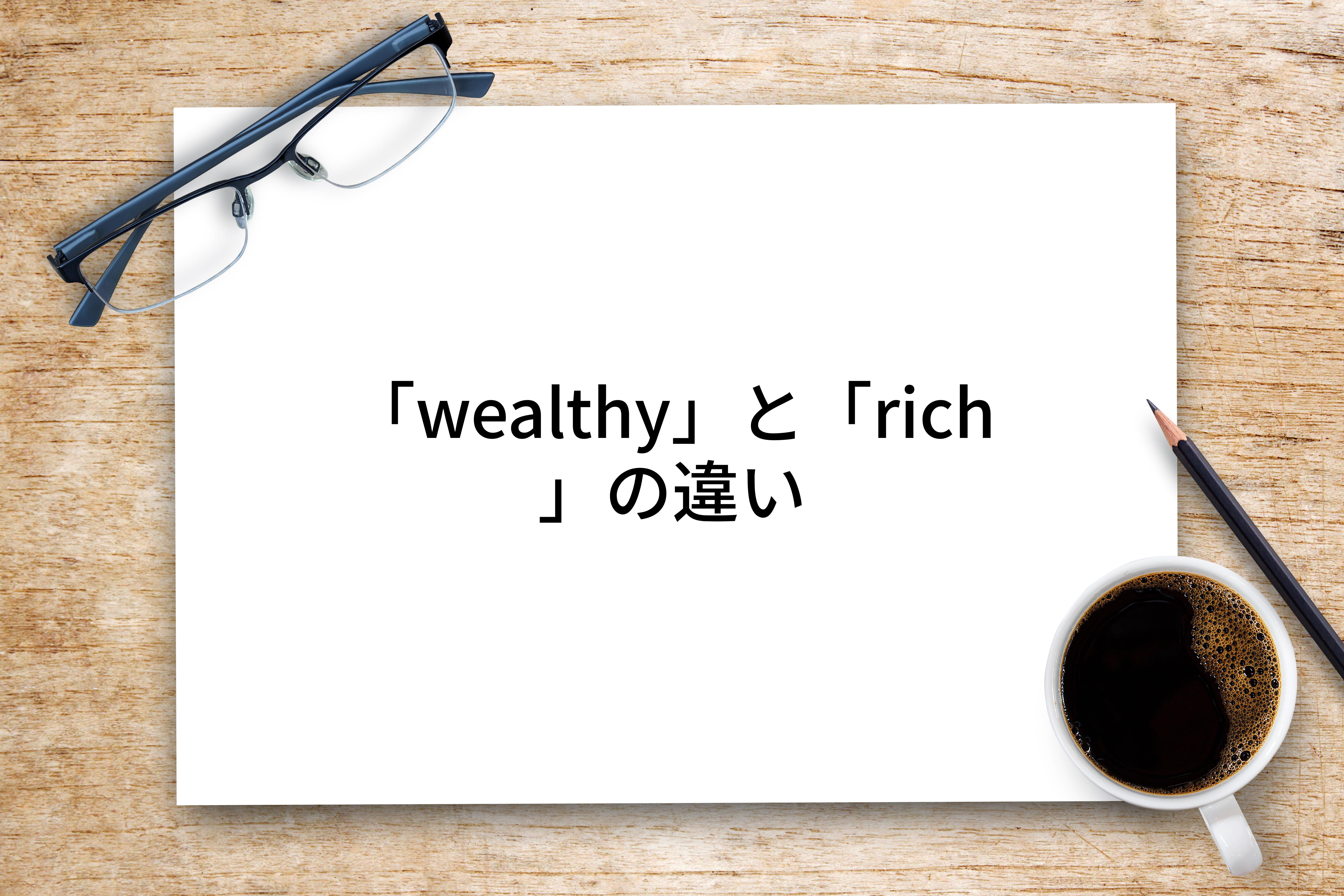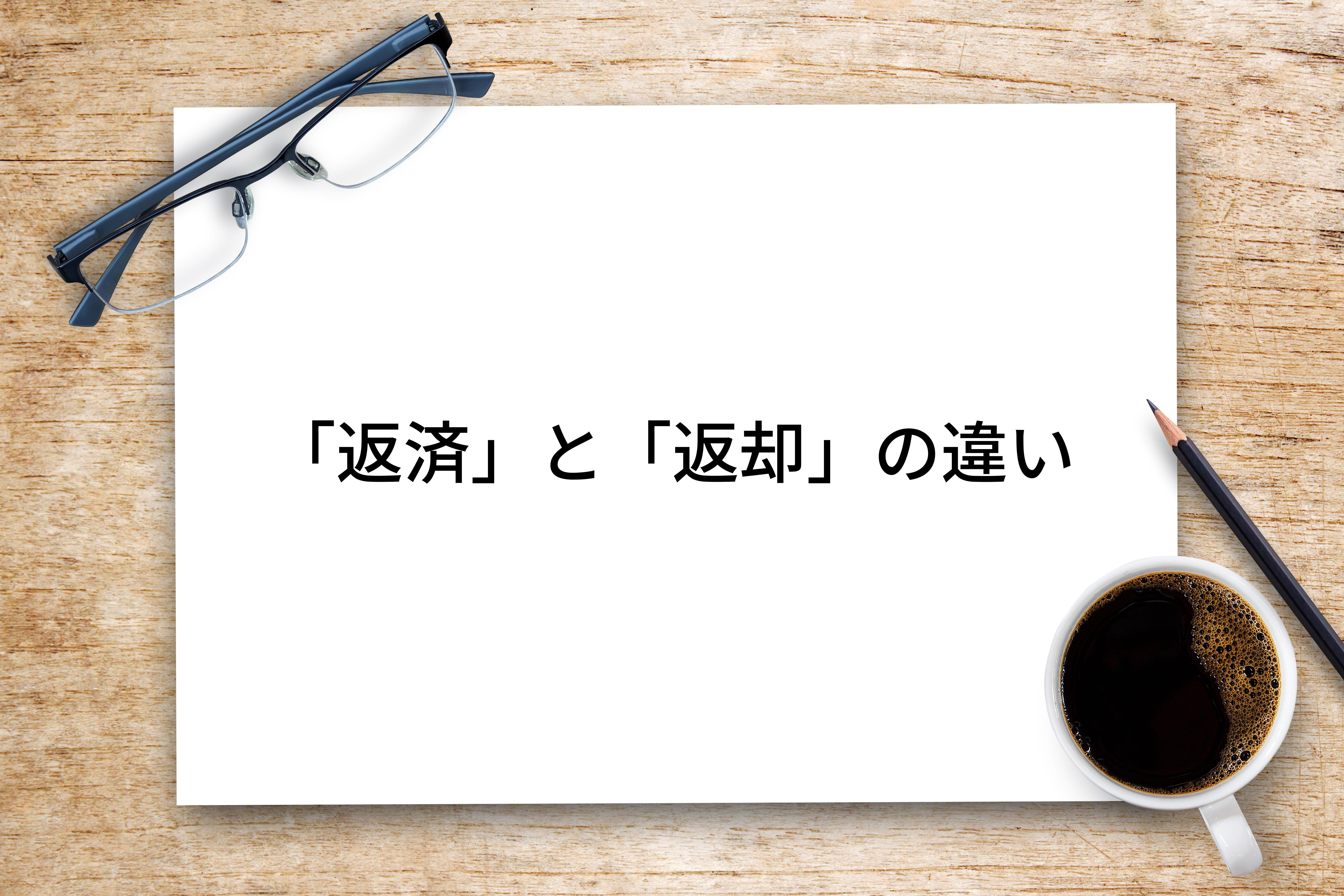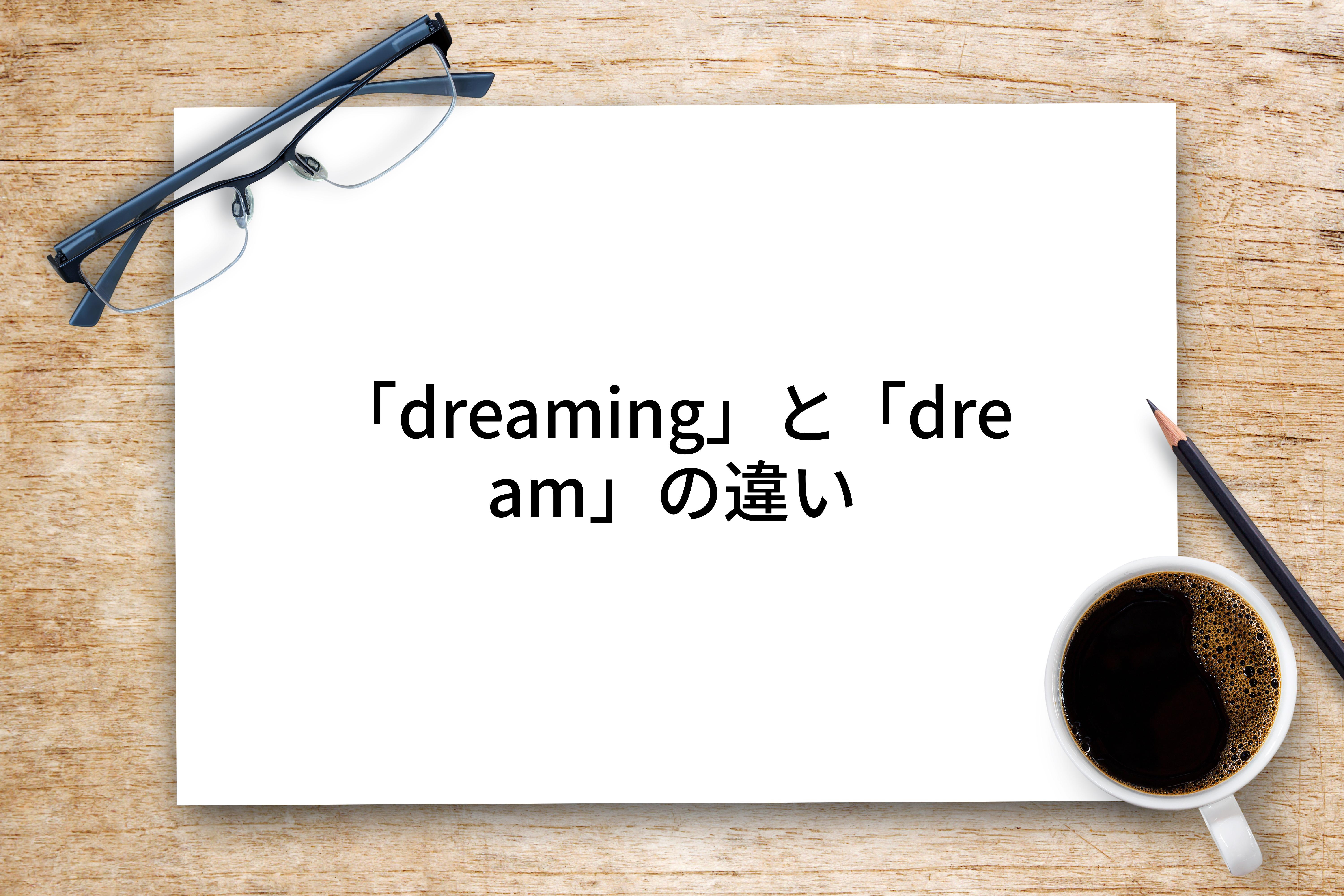この記事では、「depression」と「recession」の違いを分かりやすく簡単に解説します。
「depression」とは?
「depression」とは、経済の急速な低迷や不況の状態を指します。この状態では、企業の破綻や失業率の上昇など、経済活動全体が停滞し、景気が極端に悪化します。
「recession」とは?
「recession」とは、経済の一時的な低迷や不況の状態を指します。景気が停滞し、企業の業績が悪化し、失業率が上昇することが特徴です。ただし、「recession」は「depression」ほど深刻ではなく、一時的な現象であることが多いです。
「depression」と「recession」の違い
「depression」と「recession」の最大の違いは、その深刻さと期間です。一般的に、「depression」は長期間にわたって経済が低迷し、景気の回復に時間がかかる傾向があります。一方、「recession」は短期間の経済の一時的な低迷であり、比較的早期に景気が回復することが期待されます。
「depression」の例文
1. The Great Depression in the 1930s had a profound impact on the global economy.
2. Many businesses went bankrupt during the depression period.
3. The depression caused a significant increase in unemployment rates.
「recession」の例文
1. The country is currently experiencing an economic recession due to the global financial crisis.
2. Many companies are cutting costs and laying off employees during the recession.
3. The recession has led to a decrease in consumer spending and a slowdown in economic growth.
まとめ
「depression」と「recession」は経済の低迷や不況を表す言葉ですが、その深刻さや期間に違いがあります。一般的に、「depression」は長期間の経済の深刻な低迷を指し、「recession」は一時的な経済の低迷を指します。以上により、「depression」と「recession」の違いについて説明しました。
